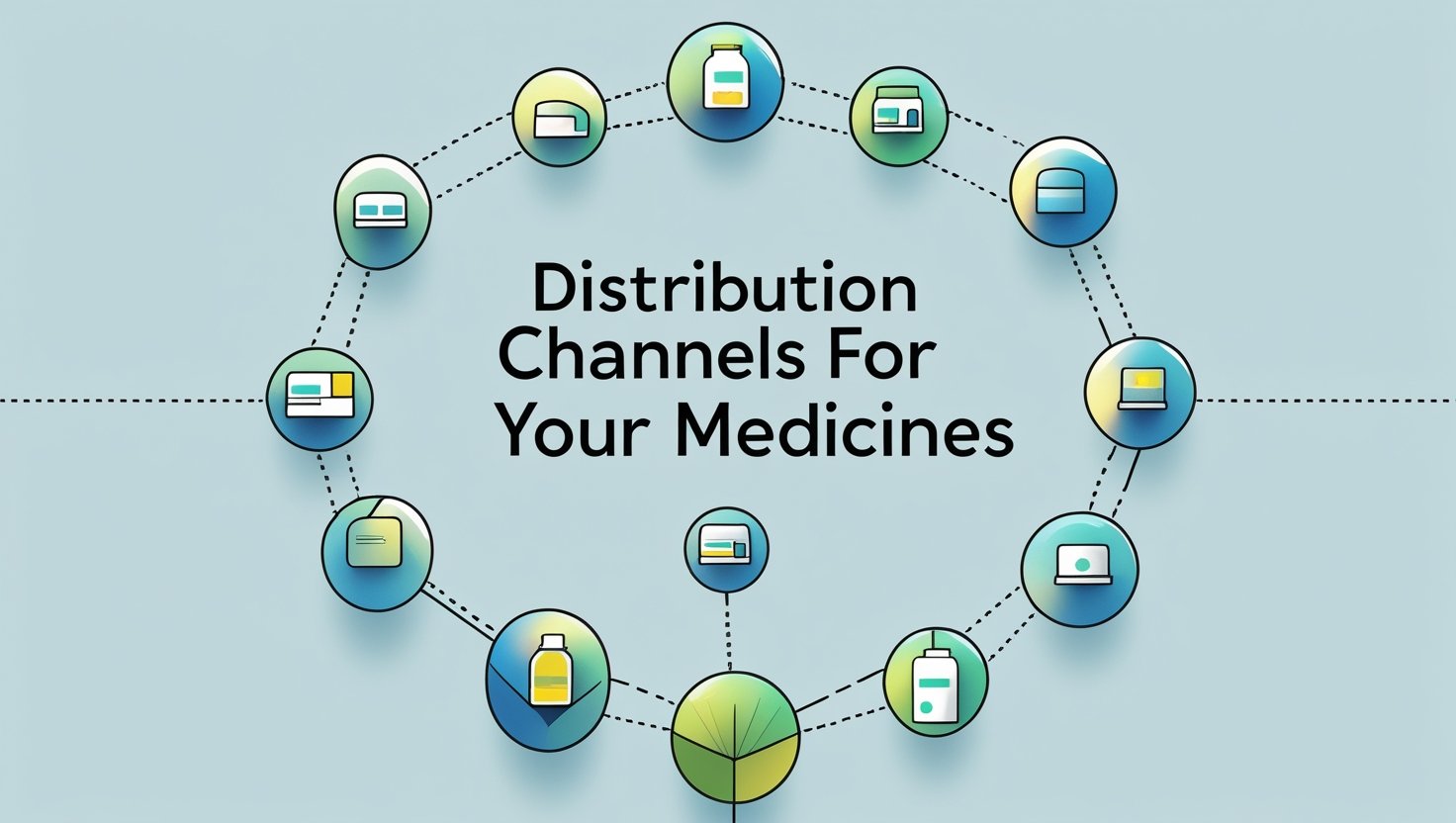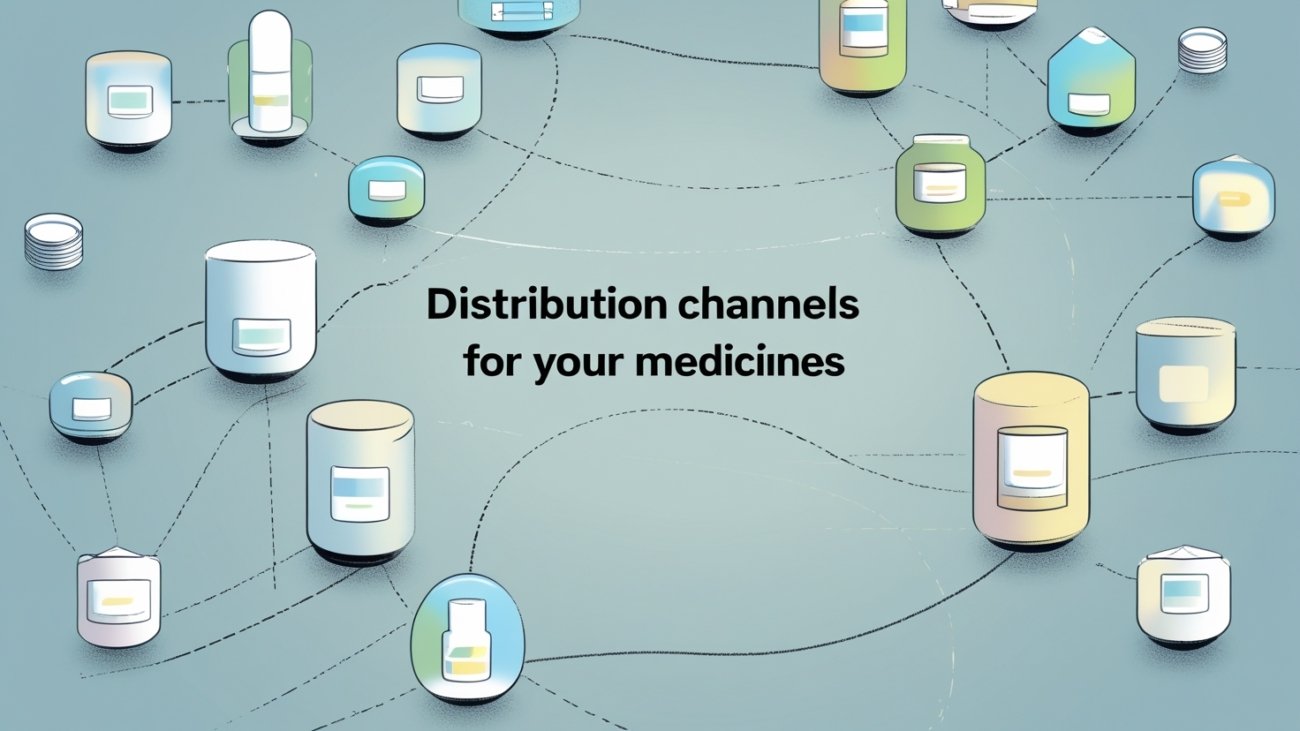
Distributing medicines efficiently and reliably is critical to ensuring patients receive life-saving treatments on time.
Building robust distribution channels for pharmaceuticals requires strategic planning, regulatory compliance, and innovative approaches to reach diverse markets.
Why Distribution Channels Matter for Medicines
Medicines are not just products; they are essential for health and well-being.
A well-designed distribution channel ensures:
- Accessibility: Patients in urban and rural areas can access medicines.
- Timeliness: Medications reach those in need without delays.
- Safety and Compliance: Products remain safe and meet regulatory standards.
- Market Reach: Your brand expands to new regions and demographics.
Let’s explore how to build these channels with creativity, interactivity, and a human-centric approach.
Step 1: Understand Your Market and Regulatory Landscape
Before building distribution channels, you need a clear picture of your target market and the regulations governing pharmaceutical distribution.
Actionable Tips:
- Market Research: Identify your target audience — hospitals, pharmacies, clinics, or direct-to-consumer (DTC) models. Use tools like surveys or data analytics to understand demand. For example, rural areas may need mobile pharmacies, while urban areas may prefer online delivery.
- Regulatory Compliance: Research local and international regulations, such as the U.S. FDA’s Drug Supply Chain Security Act (DSCSA) or the EU’s Falsified Medicines Directive. Ensure your channels comply with Good Distribution Practices (GDP).
- Interactive Tool: Create a Regulatory Compliance Checklist (downloadable below) to track requirements like licensing, storage conditions, and serialization.
Regulatory Compliance Checklist for Medicine Distribution Obtain necessary licenses (e.g., wholesale distributor license).
Ensure cold chain compliance for temperature-sensitive medicines.
Implement serialization and track-and-trace systems.
Verify partner certifications (e.g., GDP for transporters).
Conduct regular audits for compliance with local laws.

